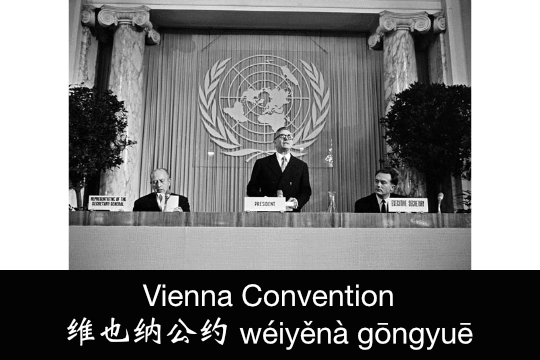Corporate VPNs get the squeeze


For several years, China’s internet regulators have been squeezing virtual private networks (VPNs) used by individuals to get around the Great Firewall. But many observers have assumed that corporate VPNs — needed by international companies and embassies for their daily business — are safe.
That is no longer the case. Financial Times reporters Yuan Yang and Lucy Hornby spoke to (paywall) five international companies that said “access to the global internet from their Chinese offices has been disrupted in recent months,” even when using custom-built VPNs.
- Last year, the government demanded that telecoms close “dedicated lines,” including VPNs, unless they were specially approved.
- Most consumer VPN services were shut down by internet regulators, while Apple purged 674 VPNs from its China App Store, apparently after government pressure.
- “The EU sent a letter of complaint to the Chinese government after two European embassies found their VPN access cut off,” according to the FT. The Vienna convention is supposed to ensure the sanctity of communications between embassies and their home countries.
- Former Mexican ambassador to China Jorge Guajardo tweeted that he had “sent many letters of protest to [the] Ministry of Foreign Affairs invoking [the] Vienna Convention, they always responded that maybe the outside world was not working well because they could not detect a problem in-country.”
Miscellany
Three things worth your time:
- Economy: If you don’t know it already, check out Macro Polo, a project of the Paulson Institute at the University of Chicago dedicated to “decoding China’s economic arrival.”
- Film: The earliest film known to have been made in China was recently discovered in a shop basement in the north of England. You can watch a two part documentary about the footage, narrated by Hong Kong filmmaker Christopher Doyle, on Channelk News Asia.
- Afghanistan: “Beijing has long refrained from engaging militarily beyond its borders. However, as some recent reports suggest, this situation may soon change,” says Kemel Toktomushev of the University of Central Asia on China-U.S. Focus.






